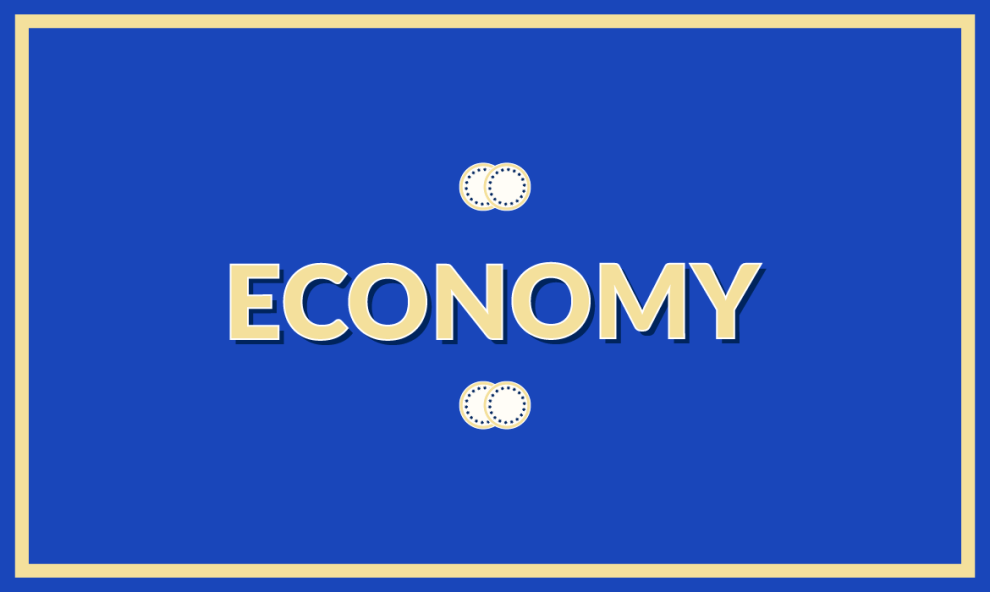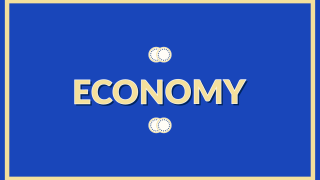In one of his eloquent observations, Mark Twain noted that “I was seldom able to see an opportunity until it had ceased to be one.” The bankruptcy of Greece invites reflection upon the opportunities that it had, and that to a great extent wasted, during the thirty years that it has formed part of what is now denominated the European Union (EU). The poor, or less rich, countries that make overtures toward nations that are already developed do so in order to accelerate their own economic process on the basis of the strength of the latter. But, as illustrated by the case of Greece, and similar to that of Mexico with the North American Free Trade Agreement (NAFTA), the association creates the opportunity, but this only becomes a reality when the less economically buoyant country decides to make it its own.
There is great controversy concerning the differences and similarities between the EU and NAFTA. Although the objective of associated nations is similar -all seek the development of their economies- the European mechanism and that which characterizes NAFTA are very distinct. To be an EU member country, a nation must substantially modify its judicial and regulatory structures to conform with the norms of the entity. Throughout several decades, the EU has been perfecting the package of measures necessary for unleashing development: a country that becomes incorporated into the EU and that carries out the changes exacted by the Brussels bureaucracy entertains an extraordinary probability of achieving development, and, as demonstrated by Spain and Ireland, of approximating the income level of the remainder of the Continent. However, experience has also shown that although all EU member countries change their structures and norms (this is de rigueur), not all are successful. The sole fact of modifying the form does not resolve the matter of the underpinnings.
For its part, NAFTA does not entail a political union nor does it propose changing internal structures, except those regarding commercial and investment policy, i.e., the essence of the agreement: the three NAFTA nations, Mexico, the U.S., and Canada, recast the pertinent laws and regulations to conform with that established in the agreement, and nothing more. Many, above all in Europe, have been arguing for years that this difference is what has held Mexico back from attaining an integral transformation of its economy, and from being the paramount star of Latin-American development at present. These critics, principally in Spain, depart from the supposition that mere adoption of the European norm is what leads to a country’s transformation.
The case of Greece affords us a distinct perspective: development is not something magical; it materializes when a country decides that it will transform itself, and from that point, pulls itself up by its bootstraps and gathers together all of its forces and resources to reach this end. That is, development does not come into being as the result of modifying a set of laws or regulations (many in the case of Europe, few in our case), but is, rather, the product of the decision of the society as a whole to relinquish what it has always been and what keeps it in the throes of poverty and inequality. The latter would appear to be excessive verbiage, but it is not: a country such as Switzerland, already wealthy for a long time, could have chosen to join the EU, but refrained because it saw no benefits sufficiently large to justify changes in its nature. On the other hand, Ireland, Spain, or Greece, as well as the Eastern European nations, recognized that their structures or ways of doing things would not lead to development. Thus, they joined the EU. Mexico did its own thing with NAFTA. Looking beyond the financial crisis of the last several months, some of these nations have achieved their objective, but others have not.
In this regard, the mechanism -NAFTA or EU- is less important than the internal transformation: despite all of its European normativity, Greece continues to be very similar to how it was before; without European normativity, Mexico has not reached the development to which it aspires. The lesson in both cases is that development is concerned to a greater degree with the internal disposition of the nation to achieve it than with any external conditioning.
In recent weeks, the EU announced a set of measures to aid Greece in emerging from its crisis. Time will tell whether the Greeks will board the train or miss it again. But the example is relevant: we, the sons and daughters of the Lampedusa character who remarked “If we want things to stay as they are, things will have to change,” have been experts at reforming everything so that everything can continue as it is. Reform in oil matters over the last few years ago is a good example: the original bill was modest, and what emerged was a thicket of entanglements that was even less functional than what had existed in the first place. The EU will oblige Greece to correct its fiscal accounts and to adopt the many European norms that it has eluded to date. Although this form of “neocolonialism,” as it has been denominated by many critics, will surely correct fiscal disequilibria, it is not obvious whether it will consolidate a platform for long-term growth. In 1995, we in Mexico underwent a similar process and ended up with more restrictions for development than there were before, and with poor results in terms of growth.
These two examples confirm that economic growth is not achieved by means of imposition. Countries must desire to transform themselves and to be willing to carry out the changes that this transformation demands. For example, growth requires the elimination of abuses and privileges -those that are enjoyed by unions and entrepreneurs, bureaucrats and citizens in general, that is, by all of us- with the goal of achieving great benefits later on. Although a government can modify laws and regulations, only popular concurrence and support of the transformation can achieve it. After decades of dictatorship, in the 1970s the Spanish embraced the idea of joining Europe because they saw it as the key to development. Their disposition for transforming themselves and their nation was the key to its success. Their lags also provide evidence of their own decisions: in the last year, for example, Spain’s economic contraction was not very different from that of Germany but, due to its labor policies, unemployment shot up from 8% to 20%.
Mexicans have for years had open access to the greatest and richest economy on the planet, but only part of the population has taken advantage of, or been successful at it. There has not been a development strategy such as that in Spain or in Ireland when they joined the EU, nor has Mexico had the political leadership capable of steering it into a good port.
In Mexico, as in Greece, what is important is not so much what the wealthy countries with which we are associated want us to achieve, but instead, what we are willing to do to end obstacles to development. This is the flip side of sovereignty.
Misspent Opportunities






Comments